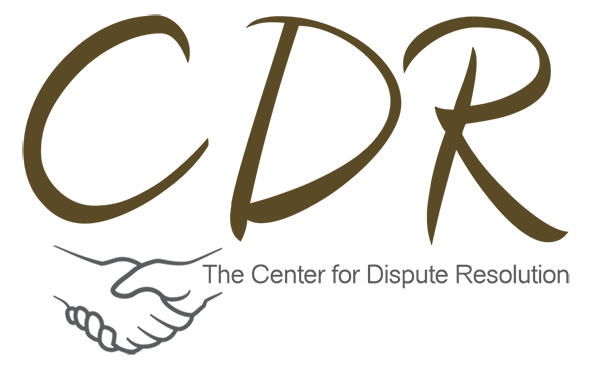
The Power of Small Yeses: A Path to Conflict Resolution
Conflict is an inherent part of human interaction, and its resolution is crucial for maintaining healthy relationships and fostering growth. Often, we view conflict resolution as a grand event, requiring major concessions and compromise. However, an often overlooked and potent strategy is the utilization of “small yeses” – those seemingly minor agreements and gestures that can pave the way to harmonious resolutions. In this article, we will delve into the concept of small yeses and explore how they can lead to the successful resolution of conflicts.
Understanding Small Yeses
Small yeses are incremental agreements or concessions made by parties involved in a conflict. They signify a willingness to cooperate and find common ground, even on seemingly insignificant matters. These small affirmative steps can create an environment of trust, open communication, and collaboration, ultimately leading to the resolution of more substantial conflicts.
Building Trust and Rapport
Conflict resolution often hinges on the establishment of trust between conflicting parties. Small yeses serve as building blocks in this process. When one party agrees to a minor request or suggestion, it signals a willingness to listen and consider the other’s perspective. This, in turn, fosters a sense of rapport and goodwill, which are vital components in breaking down barriers to communication.
Opening Channels of Communication
Effective communication is the cornerstone of conflict resolution. Small yeses act as conversation starters, providing opportunities for parties to engage in constructive dialogues. By acknowledging each other’s viewpoints and expressing agreement on minor aspects, the lines of communication are kept open, and the chances of finding common ground on more complex issues are significantly enhanced.
Creating a Positive Atmosphere
The power of positivity should not be underestimated in conflict resolution. Small yeses inject positivity into interactions and discussions, changing the tone from adversarial to cooperative. When individuals experience agreement, no matter how small, they are more likely to approach the negotiation process with an open mind, seeking to find areas of agreement rather than focusing solely on differences.
Building Momentum towards Resolution
Conflict resolution is often a step-by-step journey, and small yeses play a vital role in building momentum toward a final resolution. Each affirmative response generates a sense of progress and accomplishment, motivating parties to continue seeking resolutions to larger issues. As the frequency of small yeses increases, the psychological barriers to resolution diminish, making it more feasible to address deeper-rooted conflicts.
Example Scenario: Small Yeses in Action
Consider a scenario where two colleagues are at odds over the allocation of tasks for an important project. Instead of immediately engaging in a heated debate, they start with small yeses:
- Colleague A: “Could we agree that we both want this project to succeed?”
- Colleague B: “Absolutely, we’re on the same page there.”
- Colleague A: “Could we also agree to evaluate each other’s strengths and allocate tasks based on expertise?”
- Colleague B: “That sounds fair, I’m on board with that.”
In this example, the small yeses create a foundation of agreement and cooperation, allowing the colleagues to proceed with a more collaborative and open-minded approach to resolving the task allocation conflict.
Conclusion
In the realm of conflict resolution, small yeses wield considerable power. They facilitate trust, communication, and cooperation, which are indispensable ingredients in resolving even the most intricate conflicts. By recognizing the value of incremental agreements and their potential to pave the way for larger resolutions, we can harness the potency of small yeses to build stronger relationships and achieve harmony in various aspects of our lives. So, embrace the art of the small yes, and watch as conflicts transform into opportunities for growth and understanding.
✅ Resolve disputes effortlessly. ✅ Build stronger relationships. ✅ Subscribe FREE now!
Don't miss out! Join us today. 🚀


Comments are closed